|
|
Saturday, February 21, 2026
|
|
|
|
|
|
|
|
Oral history projects
Sydney Oral Histories 2008-2014
|
|
watch on YouTube
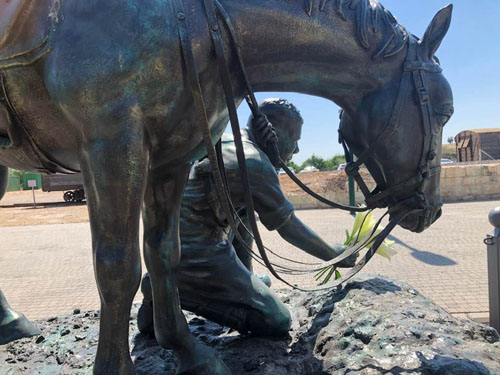
Israel honors WWI Aboriginal soldiers [HAARETZ]
Ray Minniecon was LIVE

Honoring the lighthorse that opened Up Palestine
| If you go to Israel please go to Kinneret in Galilee and pay your respects to our Indigenous Lighthorse. The Black Watch. The statue for our heroes is behind the college at the old railway station museum. Thanks and Blessings!! Ray |
|
|
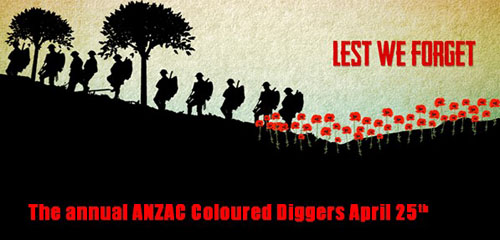
program here / NITV was LIVE / videos here & here
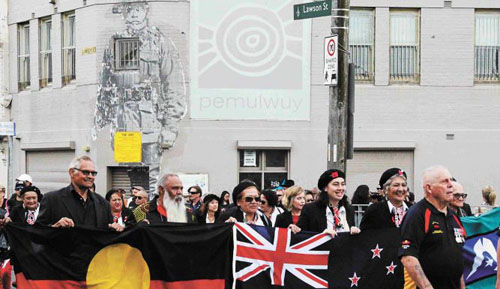
Koori and Kiwi marchers in Redfern.
2017 was the first to see Indigenous service
personnel lead the national march in Canberra.
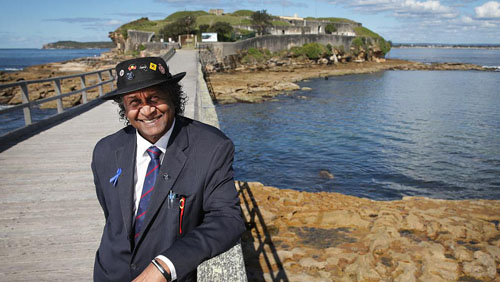
Call for a La Perouse memorial [Daily Tele]
|
|
| |
|
|
ANZAC Day 2015 - 100years
|
|
|
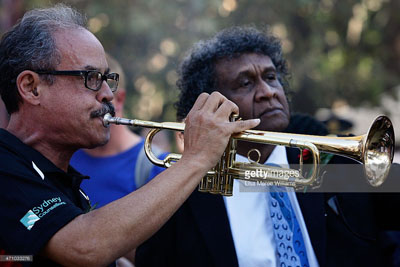
Getty images
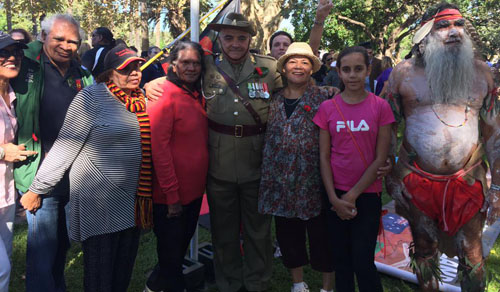
photos shared on twitter @ColouredDigger
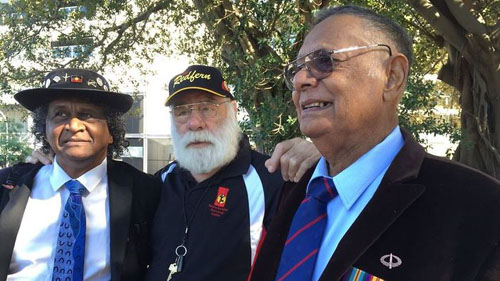
Soldiers remembered [World News Radio]
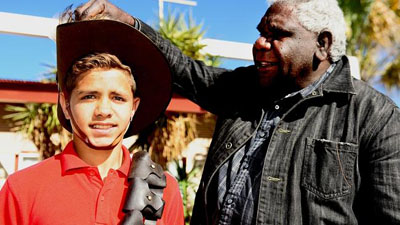
Raymond Finn's remarkable odyssey
Listen to Raymond on CAAMA Radio
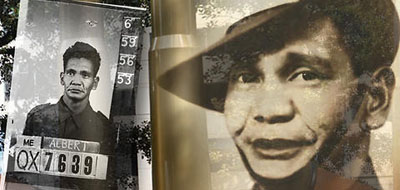
Living Black - the story of Eddie Albert, memories
from Trish and Tony, and the Hyde Park memorial

L I V E at 1pm on NITV
|
|
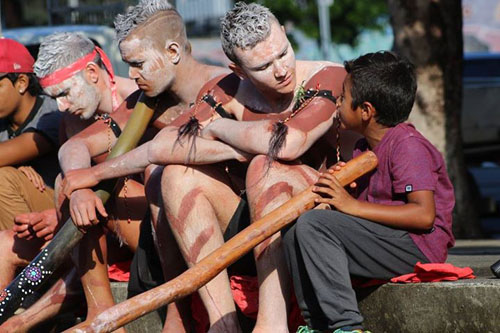
Coloured Diggers March photos by Lola Forester
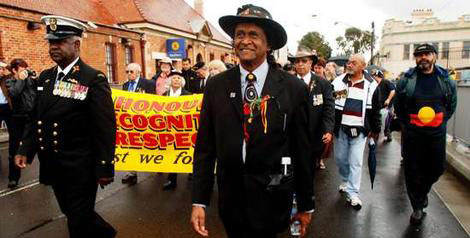
Report by Ray Minniecon
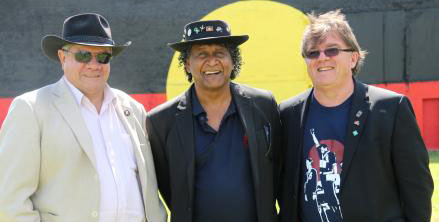
Sydney Yarn Up for ourmobserved.com
SERVING OUR COUNTRY oral history project
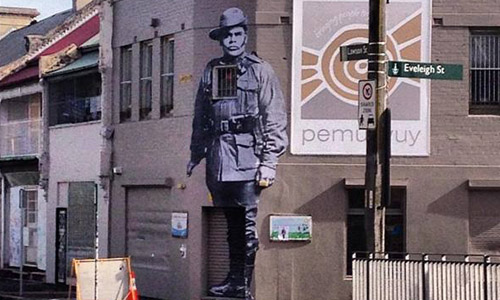
Wheatpaste mural of Alfred Cameron Jnr, 3rd Light Horse Regiment
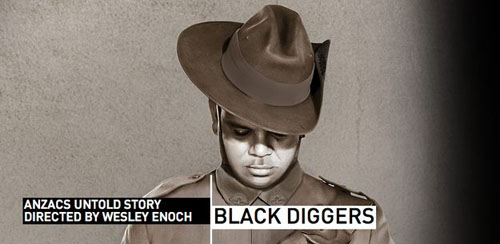
18 POWERFUL PHOTOS - Indigenous Soldiers Of WWI
true stories behind the new play, Black Diggers
the play @ Sydney Festival - program | research
|
|
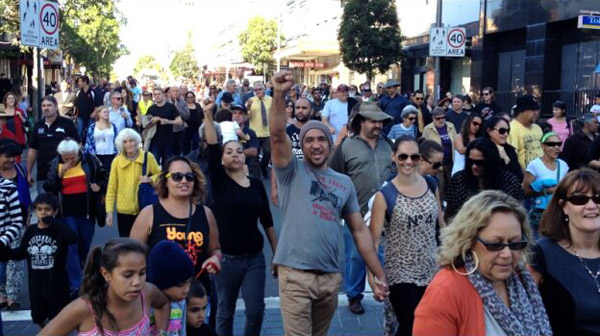
Photo by Corey Grech 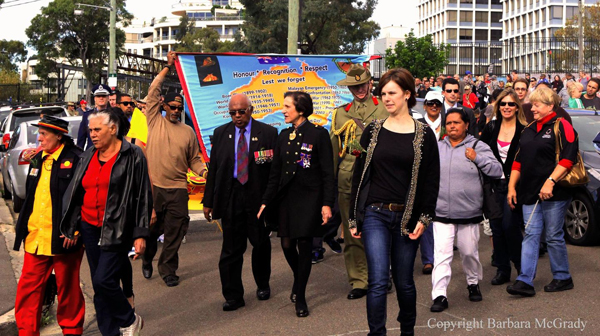
Photo by Barbara McGrady
|
|
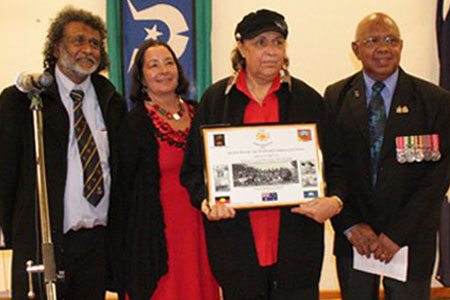
Black Diggers' March - photos by Barbara McGrady
|
|
|
Katie Beckett's play Coloured Diggers was inspired by the poem written in honour of her great uncle Harold West. Katie was shortlisted for the Yvonne Cohen Award for this solo work-in-progress, performed at the Dreaming Festival 2009, MCA, and the Coloured Diggers ANZAC Day march in Redfern in 2008, 2009 & 2010.
Deadly Vibe: March 25, 2010 |
|
|
| |
|
|
ANZAC Day Coloured Diggers 2009
|
|
|
Babana's April newsletter had a focus on Coloured
Diggers - with a lot of historical information.
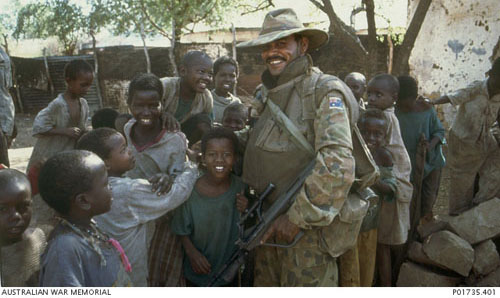
'For too long the contribution of Aboriginal and Torres Strait Islander people in the war efforts has not been recognised. There is very little to show Indigenous recognition at the Australian War Museum, unless you walk up a rather lonely path. David Huggonsen, a Canberra historian says 'Few Australians are aware that Aborigines have fought in every war that Australia has been involved in since the Boer War.' And Aboriginal Australia was never given the opportunity to learn of those brave men and women either. They are the 'Forgotten Heroes' of Australia. So, the Coloured Digger Project came about. It was formed by a small group of men and women who believe that 'Our' history should also be told. That 'Our' men and women shoud also be recognised and honoured. Both government and private history sites state that many Aboriginal Australians who served in the wars, once they came back to Australia, were herded back onto the missions. Some had their children taken away, sopme who served were even part of the Stolen Generations themselves. And there are still those who remember being told to march at the back of the march and not with their units in country towns. So we will honour Indigenous fallen. We will honour those Indigenes who came back. We will honour those who fell by the wayside after they came back. We will honour them all. And 'we will remember them.' Mark Spinks in the April Babana newsletter. Lest we forget. 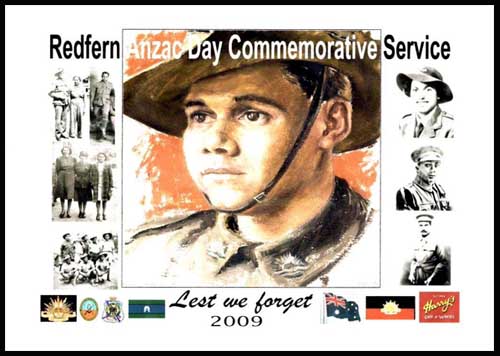
|
|
|
 |
Bronze sculpture To complement the march a miniature bronze sculpture (under 1m sq) honouring, recognising and respecting Aboriginal and Torres Strait Islander servicemen and servicewomen will be exhibited on Level One, Customs House from 25 April 2008 for four weeks and will then tour other Council locations in the LGA for public comment as part of the broader Coloured Digger Project. The display of the statue seeks to generate comment on what a statue recognising the contribution of Aboriginal and Torres Strait Islander servicemen and women should look like ... Source: City of Sydney Council Item
http://www.cityofsydney.nsw.gov.au/Council/documents/meetings/2008/Council/120508/080512_COUNCIL_ITEM12.pdf 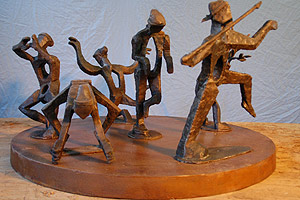
a draft design
|
|
| |
|
|
ANZAC Day 2006 - T H E .. B E G I N N I N G
|
|
|
Ray Minniecon: Just like all good problems, we solve them in the pub! ... I was telling a friend of mine, a local non-Indigenous guy Chris Carbon the story of my grandfather who fought in World War One, and the problems he and my two brothers faced when they came back from Vietnam in terms of non-recognition. We decided from that time on we would do something ... And, so Chris said "I'll be the Gubba (non-Indigenous) gatherer" and I was naturally the Koori gatherer. How things start.
So, I organized with the three Aboriginal churches in Redfern at the time - the Catholic Church, and the ministry that I was at Crossroads, and Lighthouse ministries with Pastor Bill Simon. We got together and we decided to have our first ceremony at our church ... We attracted around thirty odd people, and one old Digger, to this beautiful ceremony. That's when we decided we needed to take it one step further, and march in the streets of Redfern, to take it into the public arena. Which we did.
from A Conversation with Ray Minniecon - Tanya Riches [ABC]
https://www.abc.net.au/religion/hiding-the-truth-honouring-the-coloured-diggers---a-conversation/10097060
We wanted a culturally appropriate ceremony where local people could begin the process of recognising, honouring and respecting their respective family members who fought in every world conflict. That was the first thing. And so we started in a little church service in Crossroads in George Street, back in 2006, and then from 2007 we took that up into St Saviour’s Church in Young Street and we started the bigger service there. And we also had a service in Redfern Park for a year or two, and then we decided that we would turn the whole thing around and march from the cenotaph in Redfern Park down to the Block and so that to us was a better way of marching. We start at the cenotaph there and lay our wreaths and then we would then, after the wreath laying ceremony, march down to the Block or Redfern Community Centre.
from Sydney Oral Histories https://www.sydneyoralhistories.com.au/ray-minniecon/
|
|
|
 |
|
|
The Coloured Digger He came and joined the colours, when the war god’s anvil rang,
He took up modern weapons to replace his boomerang,
He waited for no call-up, he didn’t need a push,
He came in from the stations, and the townships of the bush.
He helped when help was wanting, just because he wasn’t deaf;
He is right amongst the columns of the fighting A.I.F.
He is always there when wanted, with his Owen gun or Bren,
He is in the forward area, the place where men are men.
He proved he’s still a warrior, in action not afraid,
He faced the blasting red-hot fire from mortar and grenade;
He didn’t mind when food was low, or we were getting thin,
He didn’t growl or worry then, he’d cheer us with his grin.
He’d heard us talk democracy–, They preach it to his face–
Yet knows that in our Federal House there’s no one of his race.
He feels we push his kinsmen out, where cities do not reach,
And Parliament has yet to hear the Aborigine’s maiden speech.
One day he’ll leave the Army, then join the League he shall,
And he hope’s we’ll give a better deal to the Aboriginal.
| 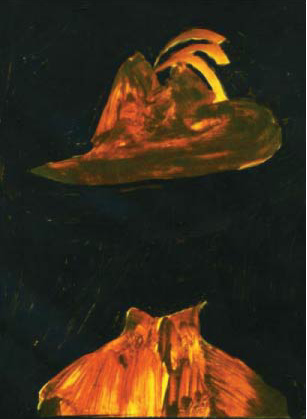
| -by Sapper Bert Beros, a non-Aboriginal soldier in WWII, about Private West
the poem has been put to music - see 2019-20
|
|
|
|
 |
|
|
 |
 |
| |
Terms Of Use
|
Privacy Statement
|
Copyright (c) 2026 Redfern Oral History
|
Register
|
Login |
Website Solution: Pixel Alchemy
|
|